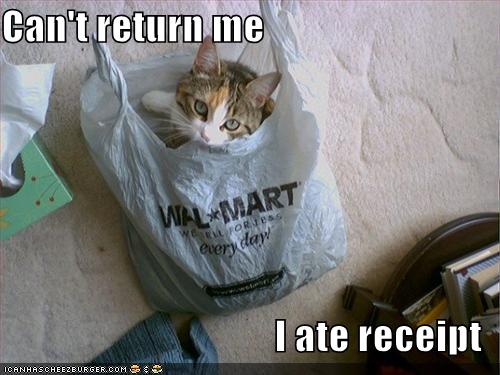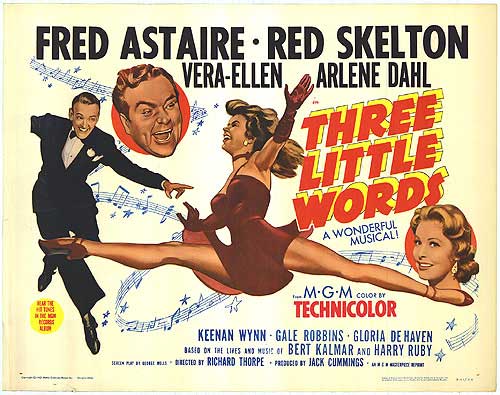The English word “receipt” can cause confusion because both the act of receiving something, as well as the piece of paper which you sign, and get to keep a copy of, as proof of you receiving something, are both called the same: “a receipt”. We have two words for that in Danish: “kvittering” is the piece of paper, and “modtagelse” is the act of receiving.
The sentence “Thank you for contacting us about your non-receipt claim” was translated as if it was a matter of not having a receipt, when actually it was referring to not receiving an ordered item. [Was: ”Tak, fordi du kontaktede PayPal om dit krav uden kvittering.” Should be: ”Tak, fordi du kontaktede PayPal ang. dit krav om ikke-modtagelse.”]
The English word ”distribution” can both refer to a scattered pattern in a geometrical space, as well as the act of paying out dividends and such, or transporting goods from a central storage location to a number of smaller locations. We largely use the same word, “distribution”, in the very same way in Danish, however, we also have a Danish word “fordeling”, which should only be used for describing a (distribution) pattern. Similarly, a “return” can in English both mean a dividend or a profit made, -or an item simply being returned.
The sentence “The statement shows the part of the distribution that is nontaxable because it is a return of your cost (or other basis)” was translated as if it was a static pattern yielding a dividend, when in fact it talks about a monetary payout which simply returns money that you originally put in yourself: Was translated into Danish: ”Opgørelsen viser den del af fordelingen, der ikke er skattepligtig, fordi det er et afkast af dine omkostninger (eller andet grundlag)”. It should be: ”Opgørelsen viser den del af distributionen, der ikke er skattepligtig, fordi det er en tilbagebetaling af dine omkostninger (eller andet grundlag)”.
The English word ”disbursement” is old fashioned. Of course, a localization effort always strives to keep the language tone modern and contemporary. The difficulty arose when we had to differentiate in Danish between “disbursement”, “payout”, “distribution”, “withdrawal”. We run out of “contemporary” Danish equvalents… Many Danes will not be familiar with the word “udlodning”, but that seems to be the proper 1:1 translation of “disbursement”. It’s old fashioned, too.





